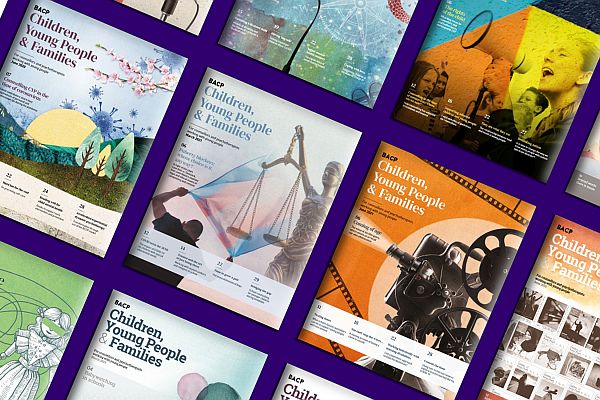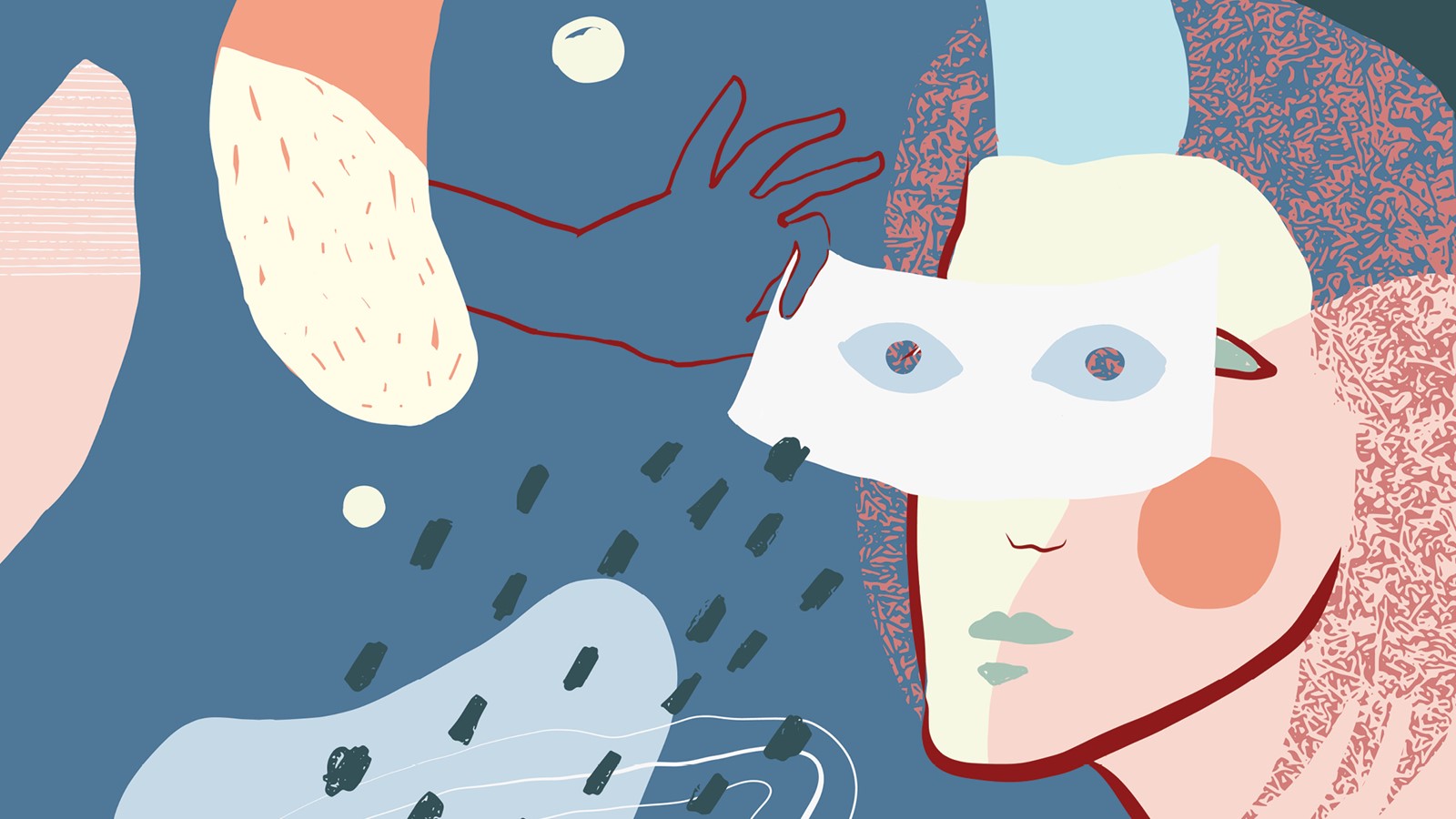Are you a good-enough counsellor, therapist, parent, partner or friend? Am I? Are any of us? And who decides, anyway? In my experience, both personal and professional, our harshest critic is often ourselves. Many of us have a voice in our heads, sometimes faintly whispering, sometimes bellowing, that tells us that we should or could have done better.
Worst case scenario is the ubiquitous super-ego that arrived during childhood and never went away, constantly hollering, "You’re not good enough. Who do you think you are? Why are you getting ideas above your station?" That can be debilitating. It can also be self-fulfilling. When we listen to the voice that says, "You’re not good enough" (be it internal or external), we’re more likely to mess up and prove it right. And that can happen to any of us, anytime, without warning.
It happened to counsellor Michelle Higgins, prompting her to reflect on her own experiences of not feeling good enough and the associated sense of imposter syndrome, which many of us will identify with too. Michelle has written this month’s featured article, Am I good enough?, in which she reflects on the financially, educationally and power-deprived us and the powerful, privileged and educated them, in the context of a 1980s, working-class childhood.
For some families, a private boarding school education is the ultimate privilege, but that can come with its own emotional costs and coping strategies. In the first of a four-part series, I’m delighted to introduce Thurstine Bassett and Gordon Knott’s article, Sent away, in which they outline three survival personalities: the conformist, the rebel and the crushed. I urge you to read their powerfully articulated piece, to learn more about the boarding school experience.
Also in the March issue, Zorana Halpin reflects on how being a similar age and at a similar life stage to our clients can affect the counselling process, in Age in the therapy room. Kate Rufus cautions against describing self-injury as attention seeking, asserting that the label illustrates an unrealistic interpretation of self-injury, in Attention, please. And Luke Blackham shares how he facilitates adventurous therapeutic experiences in familiar spaces, in Micro-adventure therapy. These three first-time writers have each proved themselves good enough.
I’ve penned a short piece myself in response to the uncertainty expressed by potential contributors about how to write about their work without breaching client confidentiality. I hope that sharing how I do it, in I once worked with a girl who…, will help and encourage others.
I think the March issue has something for everyone. Let me know what you think or if there’s something you’d like to write about yourself. Go on, tell yourself you’re good enough.
Read more...

BACP Children, Young People and Families
Subscribe for free access to the online journal

BACP Children, Young People and Families division
BACP CYPF is for practitioners and other professionals interested in counselling and psychotherapy for children and young people.

Blogs and vlogs 2022
News and views from members, staff and clients
Views expressed in this article are the views of the writer and not necessarily the views of BACP. Publication does not imply endorsement of the writer’s views. Reasonable care has been taken to avoid errors but no liability will be accepted for any errors that may occur.
